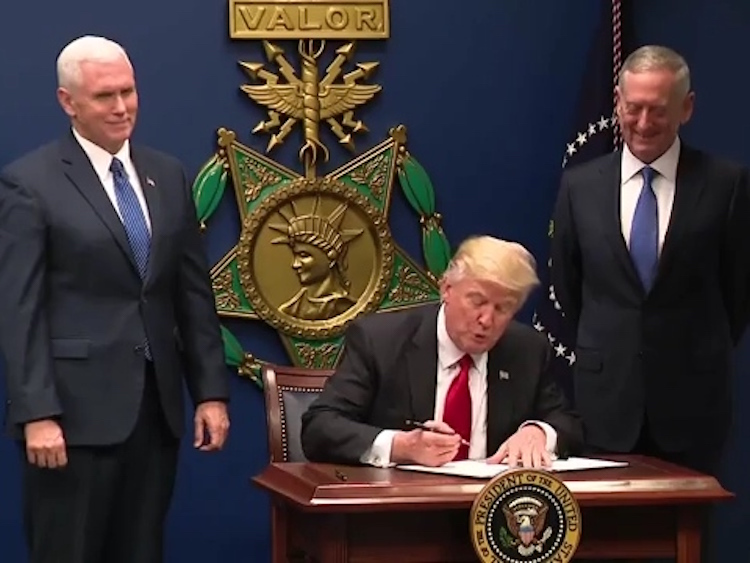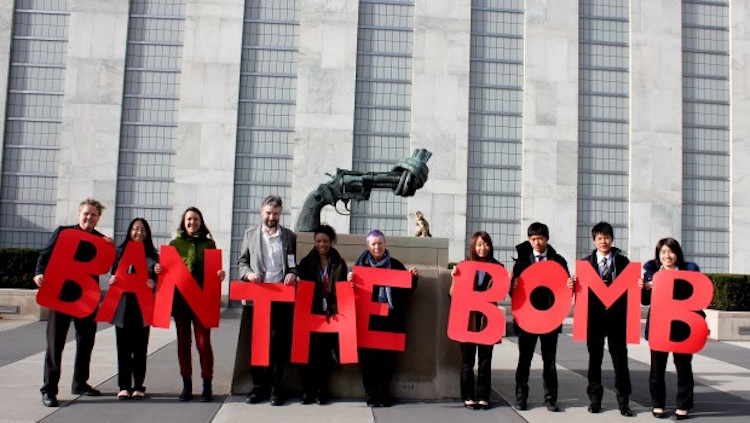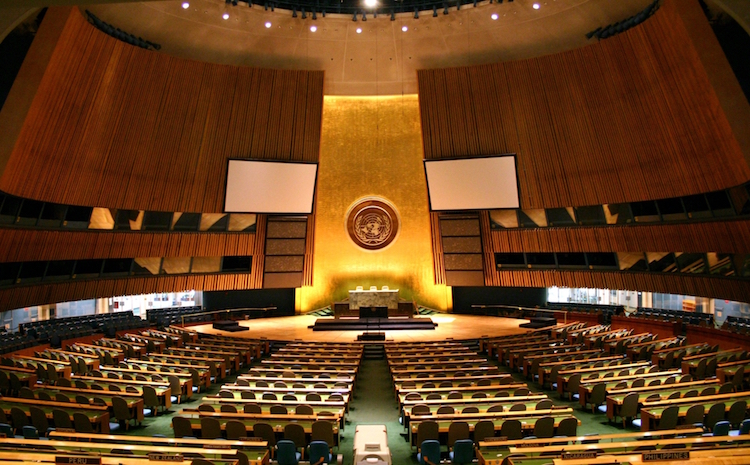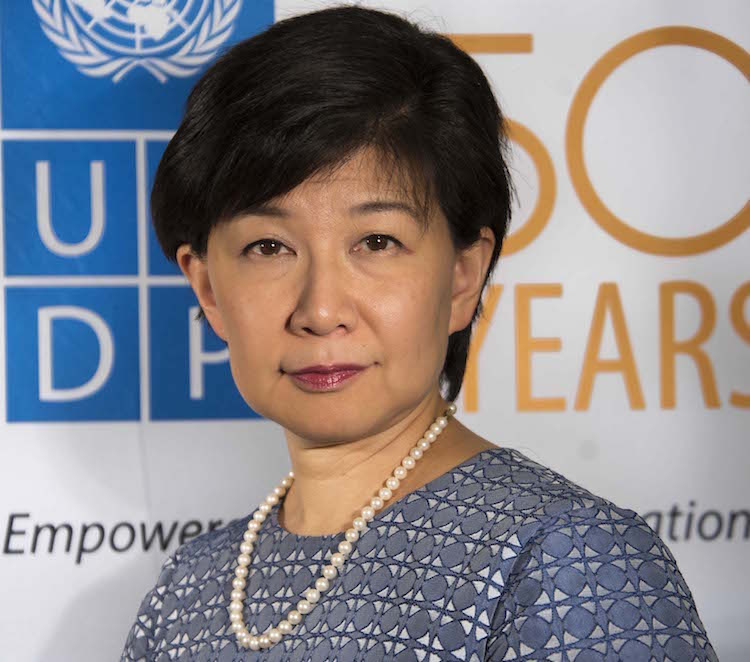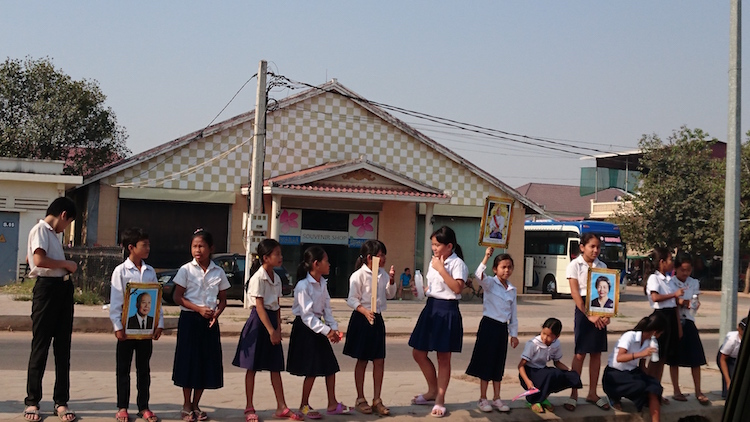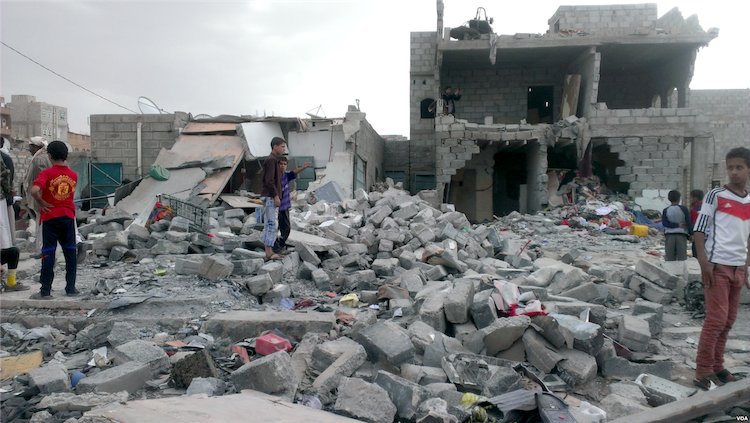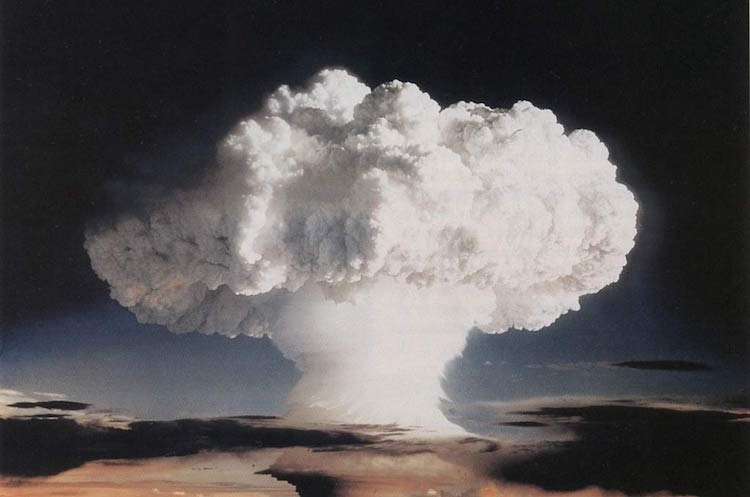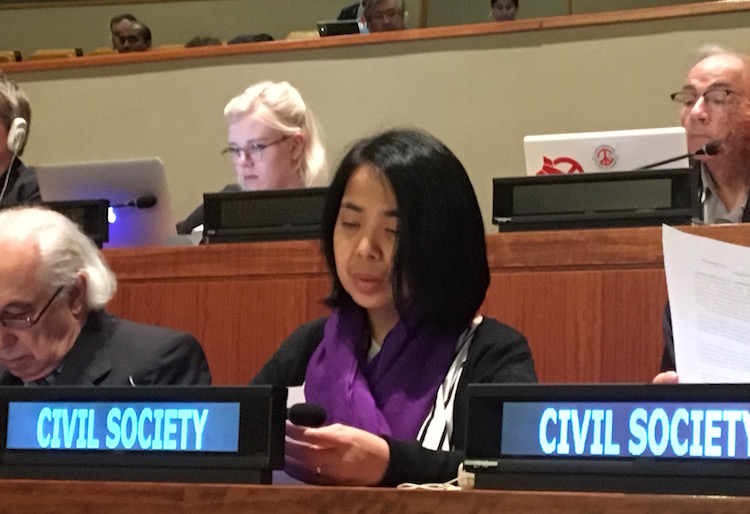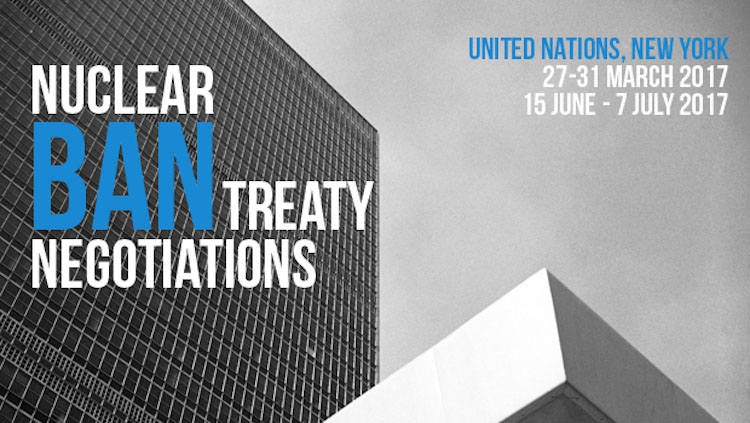Viewpoint by Veterans For Peace
Veterans for Peace, an international organization made up of military veterans, military family members, and allies, calls for a reduction in the Pentagon budget and an increase in spending to meet human needs at home and abroad. This statement originally appeared on the organization’s website.
ST. LOUIS, Missouri (IDN-INPS) – As military veterans from WWII to the current era of conflicts, who have trained for, and in many cases, fought in U.S. wars, we know that current U.S. policies have not only failed to bring peace but are morally bankrupt.
Veterans For Peace has called for a different approach than war to demonstrate power and strength and prevent and end violent conflict. For the past thirty-two years, we have called for the abolishment of war as an instrument of national policy.

